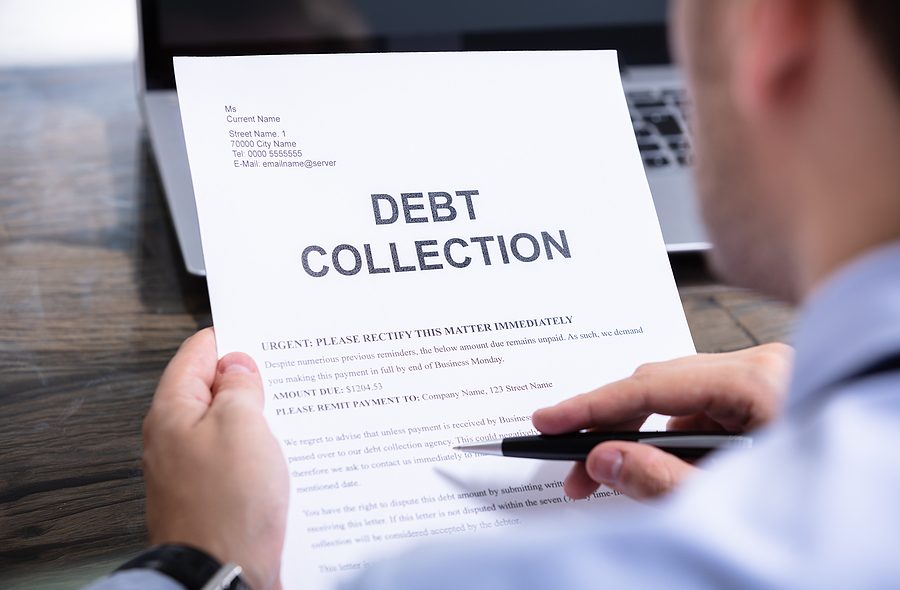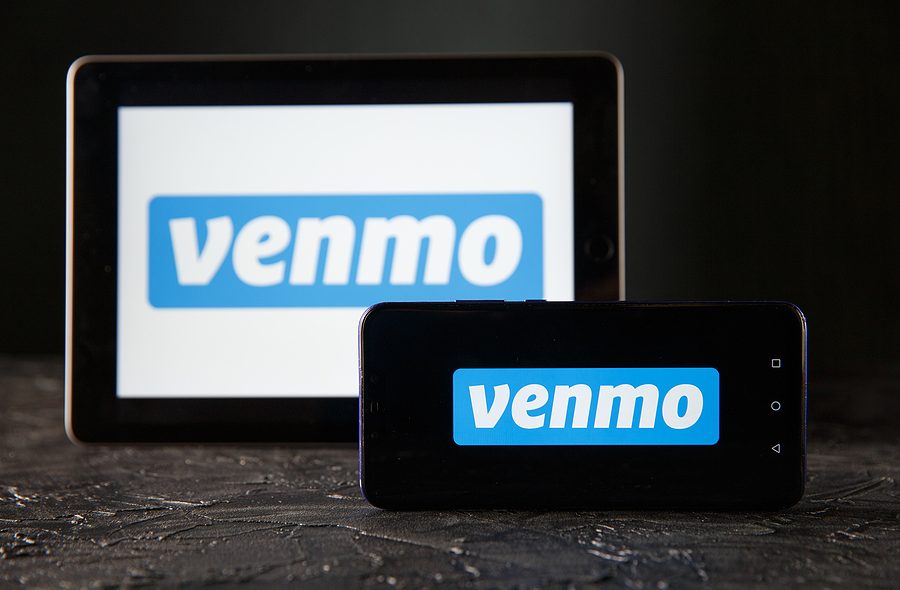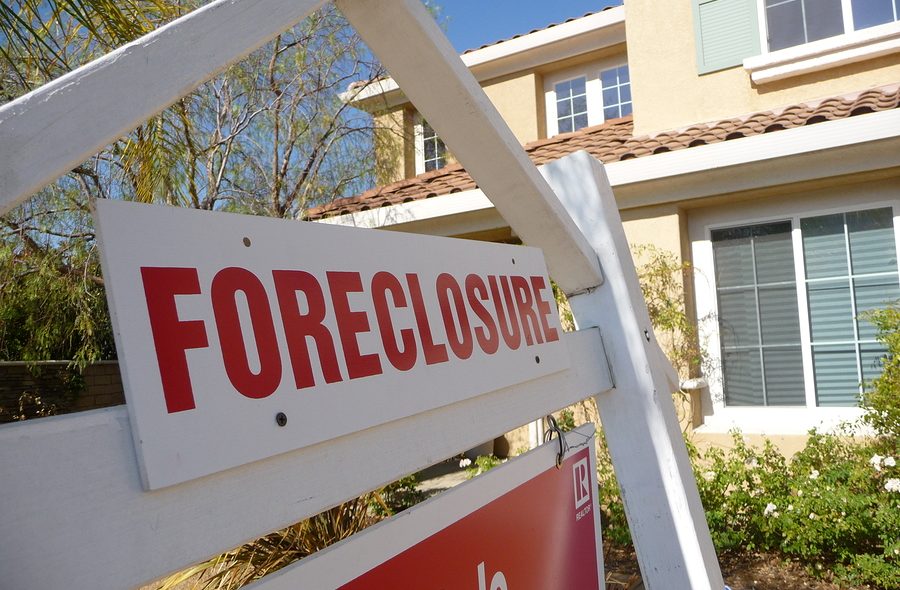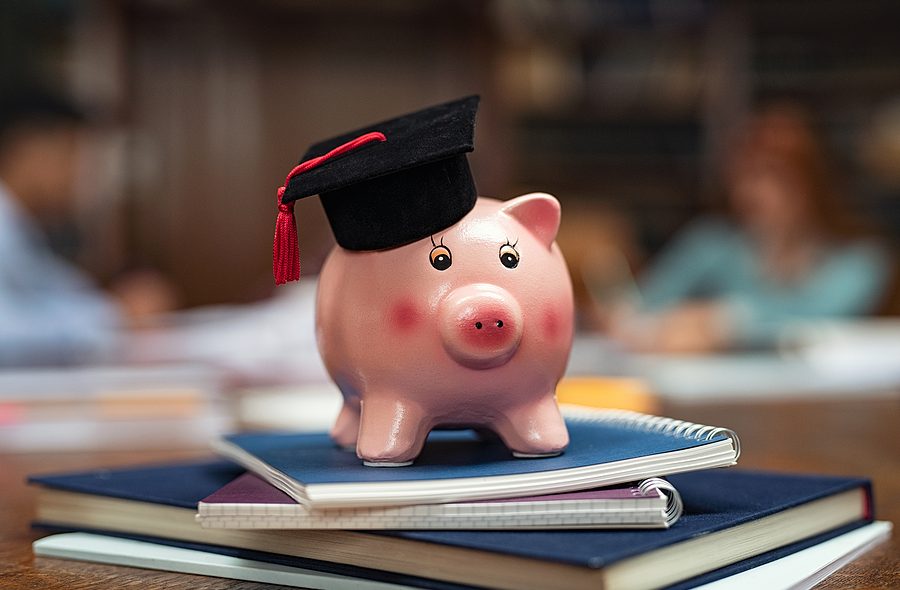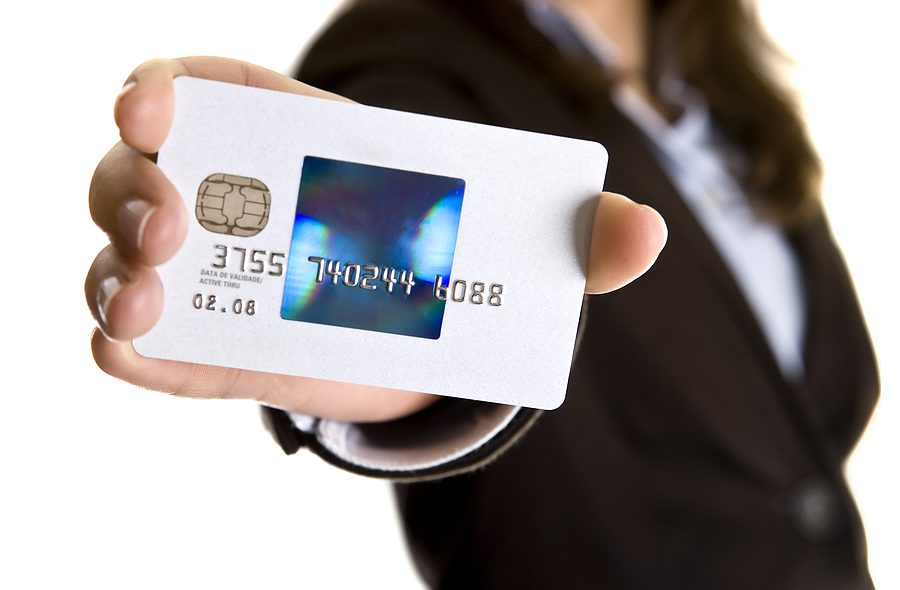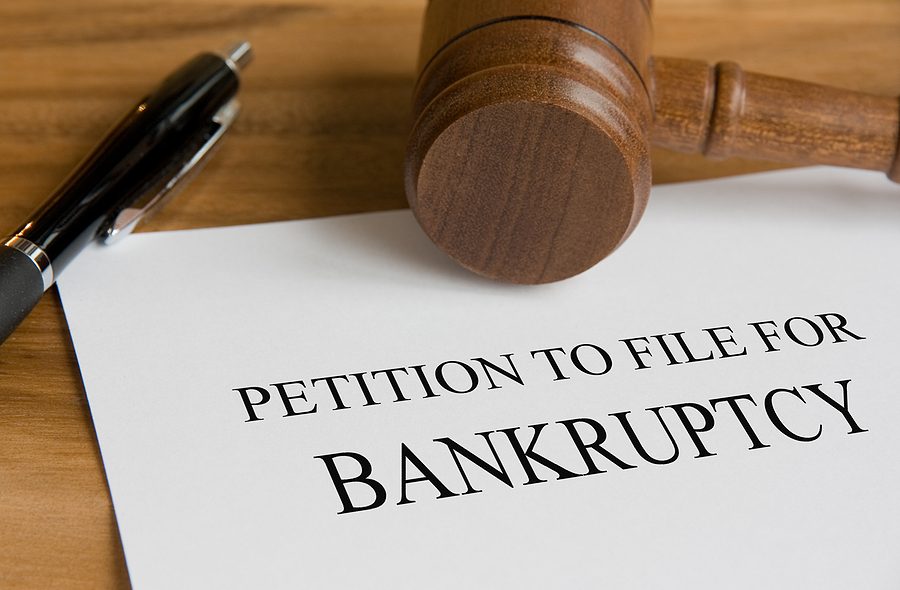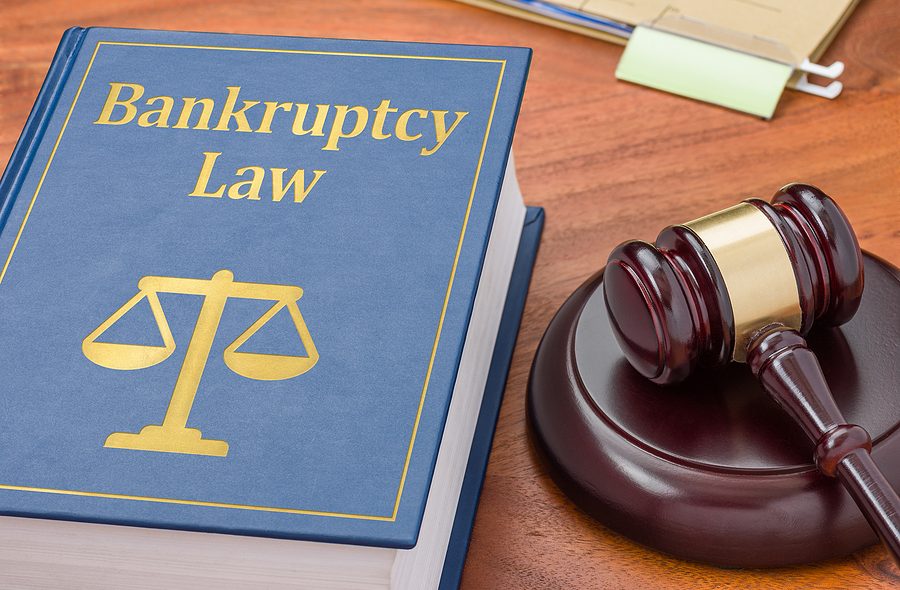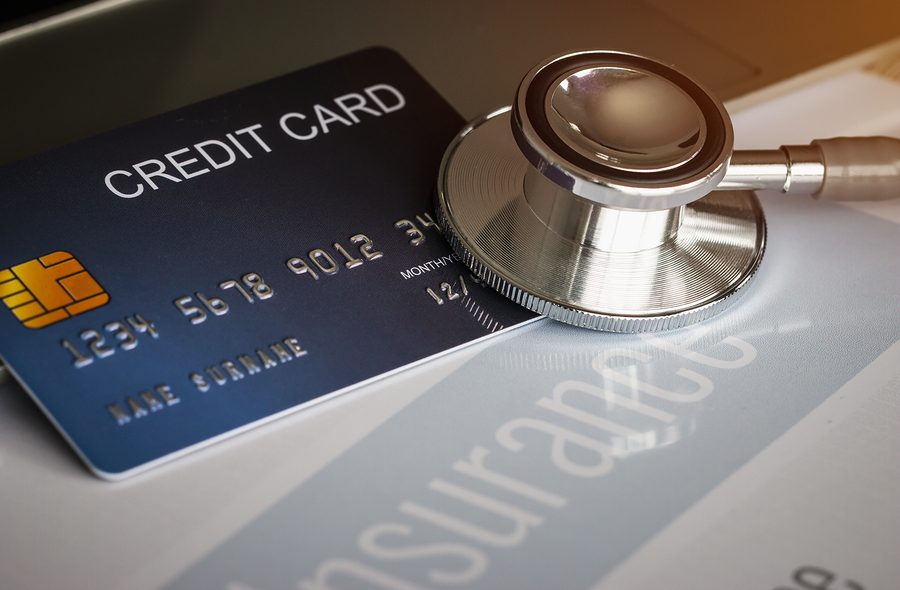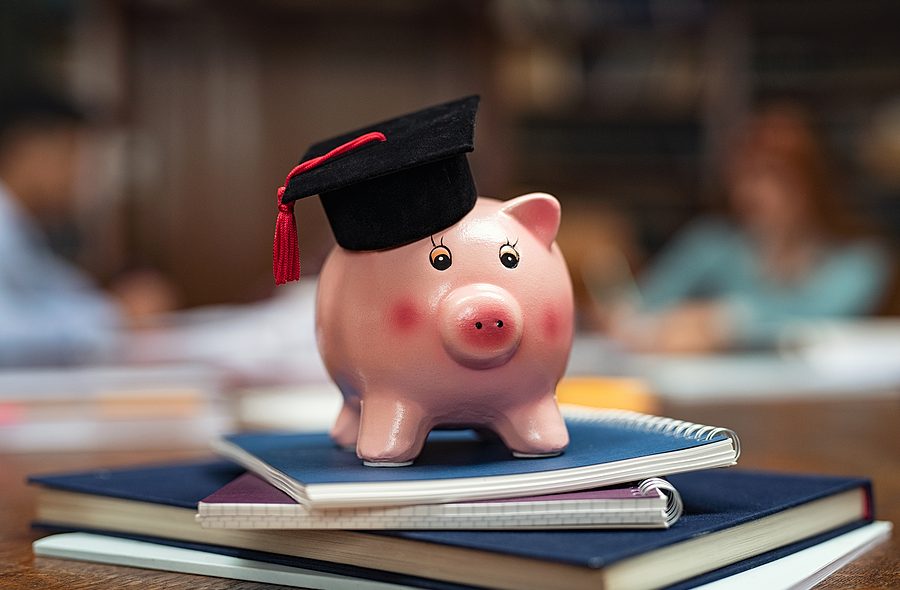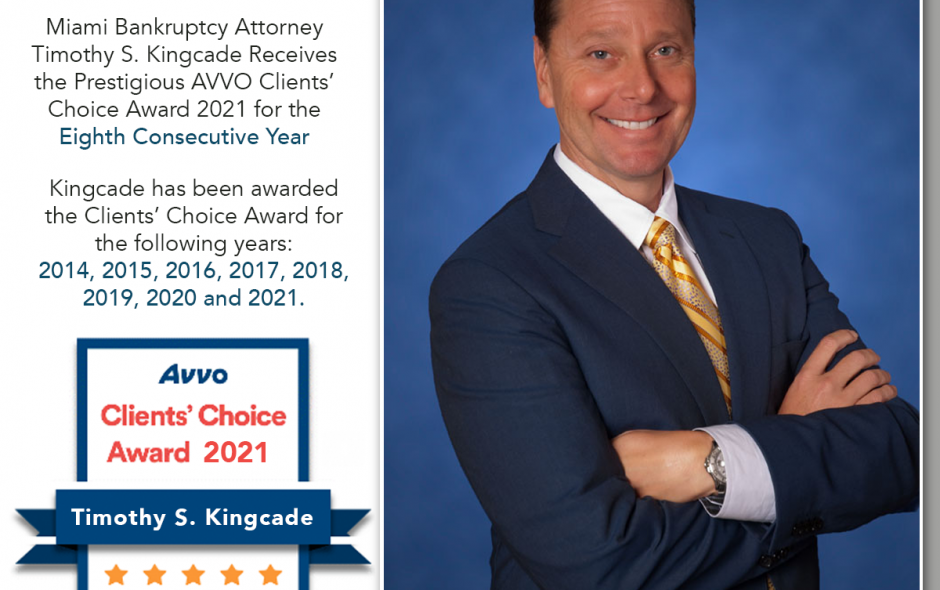A bankruptcy discharge gives a person a fresh financial start, freeing him or her from the stress of collection calls and aggressive debt collection practices. However, the fact that a debt has been discharged successfully in a bankruptcy case does not necessarily mean debt collectors will still not try and attempt to pursue collection of the debt. What happens in these situations?
Under the U.S. Bankruptcy Code, a discharge is a permanent court order that prohibits creditors from pursuing any type of collection on discharged debts. These prohibited actions include filing legal cases to collect on the debt, as well as communications with the consumer via personal contacts, letters, and phone calls. Essentially, the discharge in a Chapter 7 or Chapter 13 bankruptcy case relieves the filer from any personal responsibility to pay off the debt.
Not all consumer debts are dischargeable in a bankruptcy case. Certain debts are prohibited as a matter of public policy from being discharged, including government-backed student loans, child support, alimony, tax debt, and any debts incurred because of improper or illegal behavior. Creditors for these debts can continue collecting on them even after the bankruptcy case is finalized.

